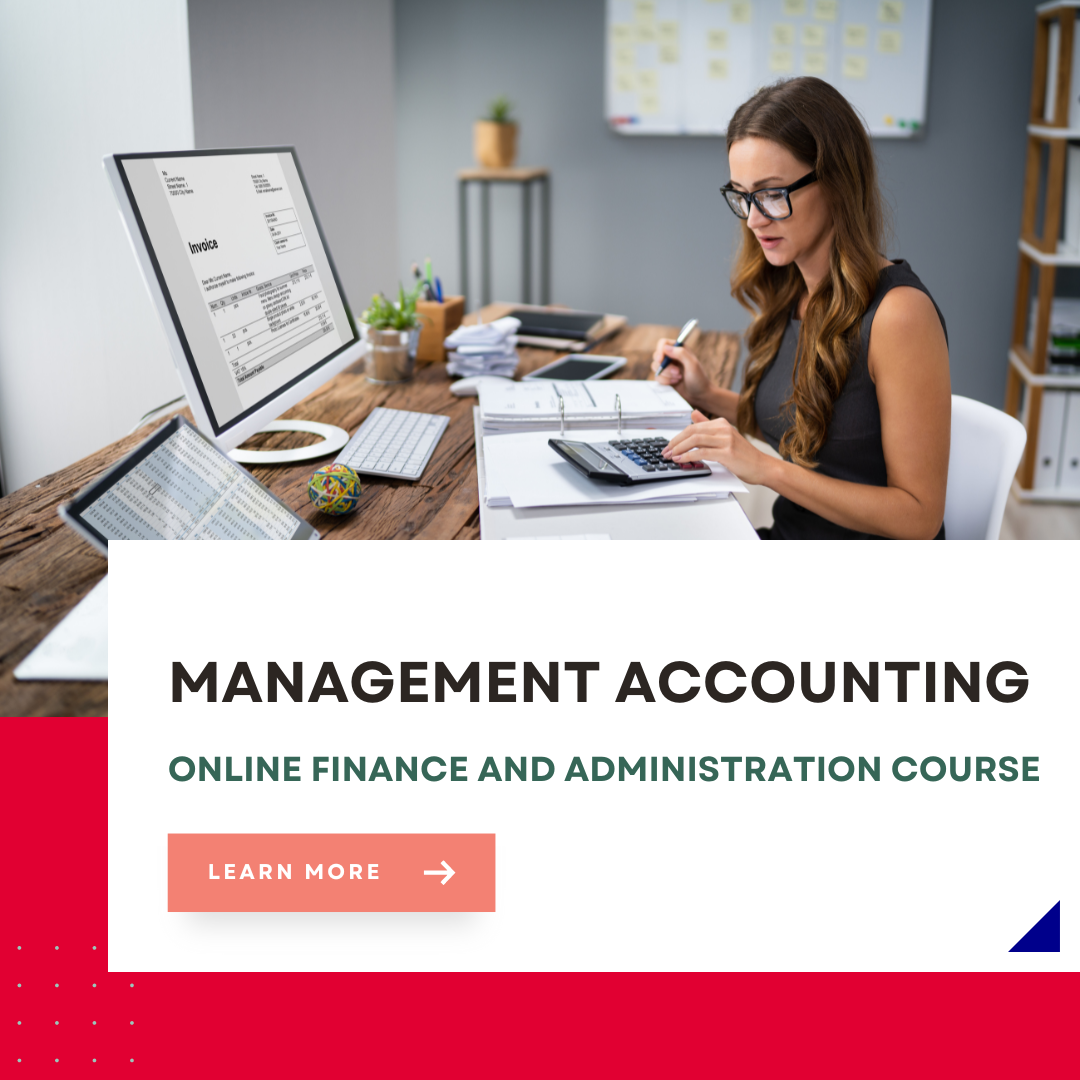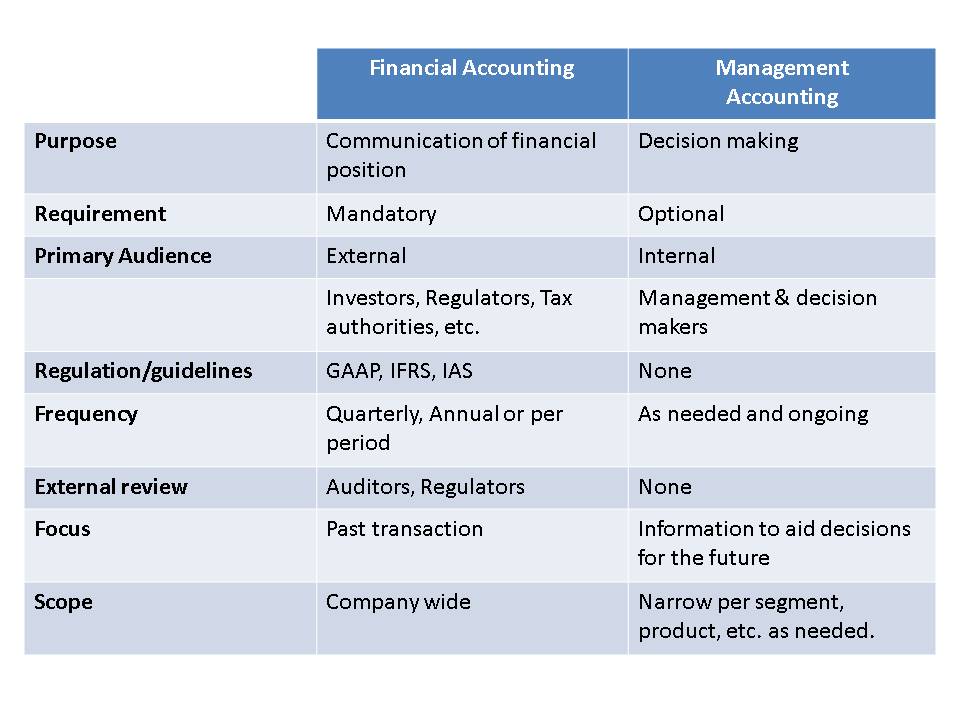
Your key skills section presents you with a chance to outline up to 10 of the most sought-after accounting skills. But in order to go into more detail about your impressive skills and achievements, we’ve put together some of our top tips below. As finance is a critical part of of the services every business, these skills can be applied to a huge number of roles, which is one of the key reasons they are so important for your CV. Well, you can start with our guide below, outlining the top 40 accounting skills you need for your CV, complete with real-world examples.
Onboard, train and elevate your team with Whale
He received his MBA at the University of California—Davis and is currently a certified management accountant (CMA) and certified public accountant (CPA). The knowledge Kurt gained from his seven years in industry and more than 15 years in education has enabled him to write a clear and concise book filled with real world examples. The content included in an introductory managerial accounting course does not change substantially annually. Another reviewer mentioned that there may be a need to update some of the example companies after a while. The three main functions of managerial accounting are analysis, forecasting, and reporting. The CMA is a highly-respected and revered certification for accounting professionals at any stage of their career.
Essential accounting skills
While these would be desirable, this is not a huge shortcoming for this particular subject matter. The lack of a Table of Contents or chapter listing within the PDF of the book itself is an issue. I appreciate the subheadings with the key takeaways and review problem after each chapter sub-section. The flow allows a simple way to ensure the learning objectives have been met. The book follows a logical pattern in presenting the topical information, though slightly different from how I currently teach managerial accounting.
Creating an Effective SOP for Your Admin Department – 2024
Managerial accounting involves examining proposals, deciding if the products or services are needed, and finding the appropriate way to finance the purchase. It also outlines payback periods so management is able to anticipate future economic benefits. Marginal costing (sometimes called cost-volume-profit analysis) is the impact on the cost of a product by adding one additional unit into production. The contribution margin of a specific product is its impact on the overall profit of the company. Margin analysis flows into break-even analysis, which involves calculating the contribution margin on the sales mix to determine the unit volume at which the business’s gross sales equals total expenses.

LLC Accounting: All you Need to Know
This information plays a critical role in business decisions based on the company’s financial circumstances, forecasts and trends. The pillars of managerial accounting are planning, decision-making, and controlling. Through this focus, managerial accountants provide information that aims to help companies and departments in these key areas. Managerial accounting aims to improve the quality of information delivered to management about business operation metrics.
With the right approach and tools, developing and maintaining effective SOPs becomes a streamlined process that pays dividends for years to come. If you’re ready to take your accounting operations to the next level, start for free with Whale today and let us help you create SOPs that work for you. The primary purpose of SOPs is to ensure that all accounting team members perform their duties in a standardized manner, following best practices and regulatory requirements. This consistency reduces errors, improves efficiency, and facilitates smooth operations, even in the face of staff turnover or absence. Managerial Accounting boasts “Review Problems” at the end of each major section or learning objective which offer practical opportunities for students to apply what they have learned. These “Review Problems” allow students to immediately reinforce what they have learned and are provided within the body of the chapter along with the solutions.
The employees of the business need to be appropriately classified as permanent employees, contractors, part-time employees, etc. After the staff has been classified, the business must design the payroll by factoring in the different financial regulations specific to the different classes of personnel. Insights on payroll management from ADP are a useful source of information. Not only does it help with bookkeeping for an LLC and taxes, but it’ll also bring peace of mind.
- The program’s mix of practical case studies and theoretical knowledge equips graduates to take on real-world challenges.
- Although accrual accounting provides a more accurate picture of a company’s true financial position, it also makes it harder to see the true cash impact of a single financial transaction.
- Focus on gaining real experience in this role and finding opportunities to hone your skills to advance in management accounting.
- Furthermore, capital budgets outline potential future expenses, such as acquisitions, new equipment purchases, facility upgrades, and long-term project investments.
- It’s also vital that you never lie about your skills as you’re more than likely to get found out eventually.
- A company’s control over bottlenecks has a direct correlation to profitability, so this is a big one.
Managerial accounting may define the pace and process of development of an organisation yet it has its set of drawbacks. By now, we know that the information to make managerial decisions is dependent on financial statements. Due to this, the strength or weakness of accounting decisions made depends solely on the quality of basic records. Meanwhile, different managers may interpret the same information in different ways depending on their capacity and experience in the field. Managerial accounting is a rearrangement of information on financial statements and depends on it for making decisions.
With cloud accounting, businesses can manage accounts, track expenses, generate invoices, and access real-time financial data with ease. This approach saves time and money, reduces errors, and makes financial management far more flexible. Managerial accounting processes economic information to aid the management in making decisions.
Accounting skills are those abilities that allow professionals to accurately manage financial data and transactions, generate reports and determine profitability. Although lots of accounting skills are hard skills, there are also some important transferable skills you can include too. The program’s mix of practical case studies and theoretical knowledge equips graduates to take on real-world challenges. Students learn to produce professional documents, deliver clear presentations and analyze complex business situations. By integrating risk management and advisory accounting principles, graduates are prepared to drive financial stability and growth, making them valuable strategic assets. Accountants are no longer just number crunchers — they play a key role in strategic decision-making, helping businesses manage risks and develop effective counterstrategies.
Managerial accounting focuses on providing information to internal users – the management. The path to becoming a managerial accountant isn’t easy, but it’s well worth the effort. There are plenty of different roles to choose from when it comes to managerial accounting. Regardless of where you are in your career, you can find an option that is within your reach. These professionals are skilled in forecasting, which involves gathering and analyzing current and historical data to draw conclusions about potential future outcomes.